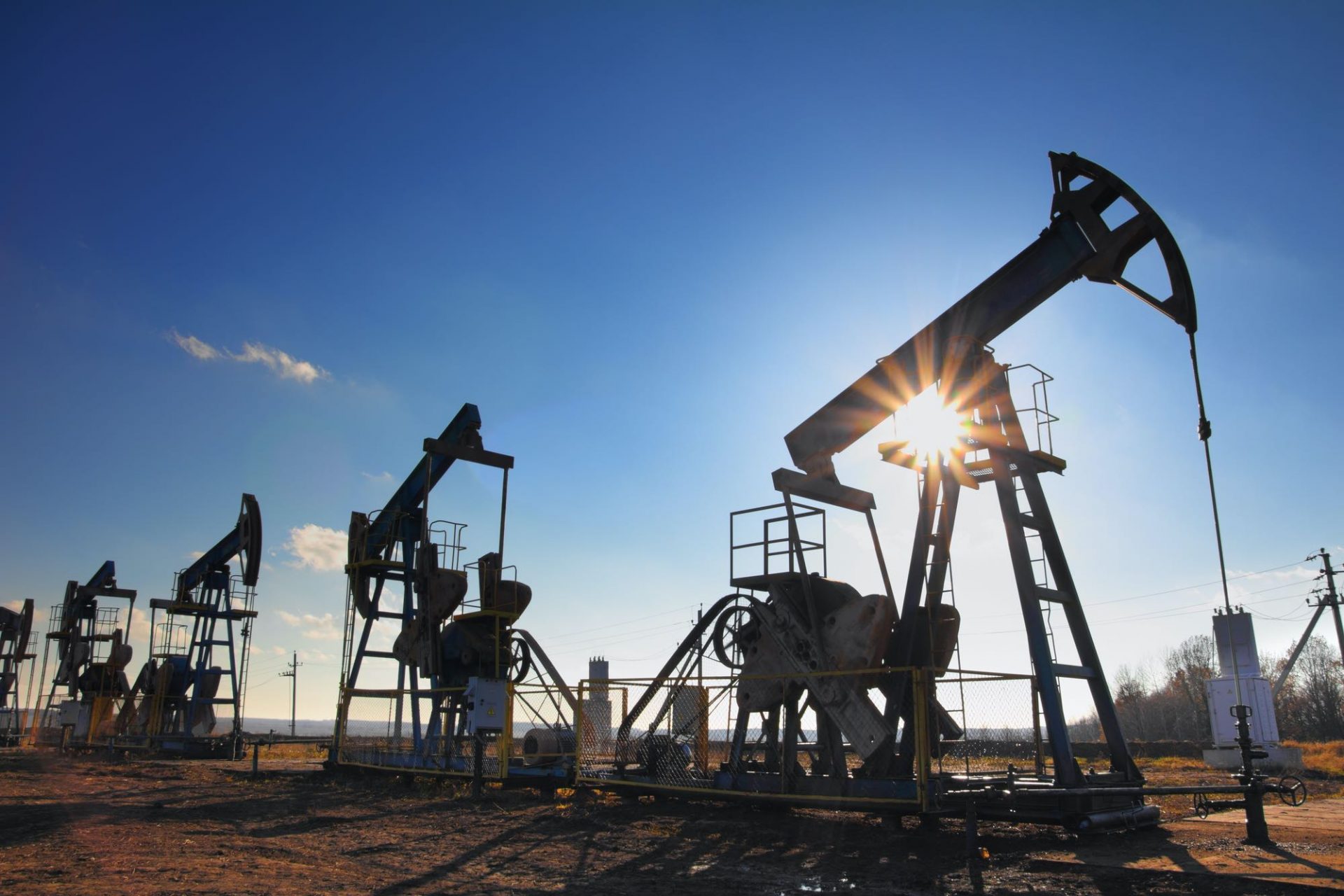Prime Minister Petr Fiala of the Czech Republic addressed the issue of the country’s reliance on Russian resources during the SH!FTS conference. He asserted that, much like the nation’s previous efforts to reduce its dependence on Russian natural gas, the Czech Republic is set to eliminate its reliance on Russian oil within a few months. Additionally, he anticipates a similar transition concerning Russian nuclear fuel. Fiala emphasized the critical importance of energy security and sovereignty to the country’s national security.
Fiala emphasized that the Czech Republic must bolster its energy infrastructure and assume greater control over essential raw materials. Over the past year, the government has initiated measures to reduce dependence on Russia and will continue to do so. They are actively working to enhance the state’s role in the energy sector, recognizing its strategic significance. This shift involves the government taking responsibility for a substantial portion of the energy industry, formerly in the hands of private investors or foreign states.
Fiala highlighted specific actions taken to fortify energy security, such as securing a stake in liquefied natural gas terminals, acquiring the Net4Gas pipeline operator, and expanding the TAL transalpine pipeline’s capacity. The country is also preparing for the construction of new nuclear reactors, both conventional and small modular, to establish genuine energy sovereignty, a vital objective in today’s world.
To ensure national security, Fiala stressed the need to bolster the economy, emphasizing the development of transportation infrastructure while underscoring the importance of supporting education, science, research, and their integration with industry.
Nassim Nicholas Taleb, known for predicting the 2008 financial crisis, offered insights at the conference. He contended that an interconnected global economy is instrumental in promoting world peace, asserting that there are not more wars now than in the past; the perception has merely shifted due to increased connectivity and risk aversion. Taleb noted the heightened reactivity of today’s economy, highlighting the quick adjustment to the embargo on Russian imports following the Ukraine invasion.
However, Taleb cautioned about the fragility of the current economic situation, particularly with regard to high interest rates. He noted that a whole generation has grown up without experiencing significant interest rates in the Western world, making it challenging for them to navigate this aspect of the economy. He also pointed out that the world is better prepared to handle crises after the COVID-19 pandemic, having learned from supply chain disruptions and other issues.
In summary, the Czech Republic is actively working to reduce its reliance on Russian resources, particularly in the energy sector, as part of its national security strategy. Meanwhile, interconnectedness in the global economy is seen as a factor promoting peace, with enhanced reactivity and resilience, despite certain economic fragilities like high interest rates.
Source: novinky.cz


















